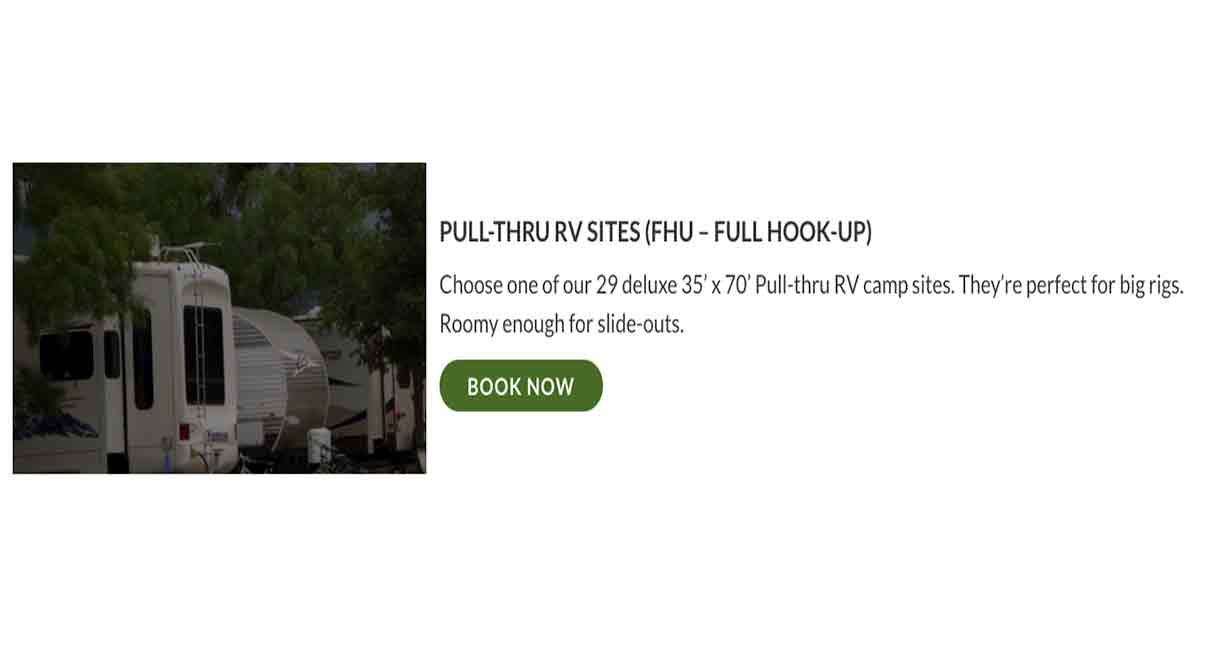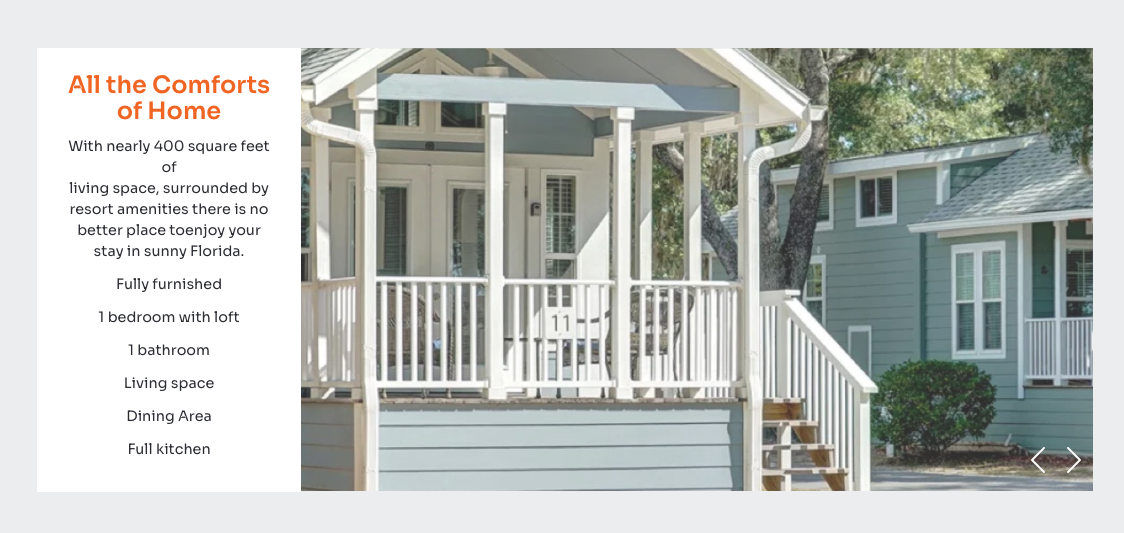
Option-1: 
Option-2: 
LOCAL WEATHER INFORMATION
STAY ATTUNED TO THE CONDITIONS
Weather Awareness Helps with Activity Preparedness
Use these National Park statistics to research the weather at Zion RV River Resort in southern Utah. Our Campground and RV Park is located on the Virgin River just minutes from the Entrance of Zion Canyon and other area attractions. We want you to have a great time while visiting our park, so check out these weather trends before packing your bags.
Option-1: 
Option-2: 
Seasonal Weather Patterns
From May to October, temperatures in and near Utah’s Zion National Park range from 70° to 105° F in the day and from 45° to 75° F at night. Brief afternoon thunderstorms are common in July and August. Winters are mild in Zion Canyon with temperatures often reaching above 40° F. Little snow falls in Zion Canyon, but snow accumulates on the plateaus. Spring and fall are ideal times to visit the National Park. During these seasons, temperatures range from 45° at night to 80° F in the day.
Option-1: 
Option-2: 
Temperature Chart
|
Option-1: 
Option-2: 
Precipitation Chart
|
Option-1: 
Option-2: 
Noteworthy Weather Variations
Sharp changes in weather occur within the Zion National Park due to the rugged topography and range of elevations. Seasonal snowfall averages 13 feet but much heavier snows accumulate in high mountain areas above Zion.
Summer days are hot, but mountain breezes keep evenings cool—especially in the lower elevation areas. Visitors should be prepared for a wide range of weather conditions at Zion National Park.
Temperatures vary with changes in elevation, and day/night temperatures may differ by over 30° F.
Fall days are usually clear and mild; nights are often cool. Autumn color displays begin in September in the high country (Cedar Breaks, Lava Point). Colors in Utah’s Zion Canyon usually peak in late October.
Option-1: 
Option-2: 
Zion Canyon Winters
Winter in Zion are usually fairly mild. Storms often bring rain or light snow to Zion Canyon, but heavier snow to the higher elevations. Clear days may become quite warm reaching 60° F or higher; nights are often in the mid 20’s and 30’s. Winter storms often last several days and cause roads to be icy. Zion roads are plowed, except Kolob Terrace road (to Lava Point), which closes in winter. Travelers should be prepared for winter driving conditions from November through March.
Option-1: 
Option-2: 
Winter Driving Alerts
The Zion-Mt Carmel highway and Zion Canyon Scenic Drive are open in winter, but travelers should be prepared for hazardous driving conditions during and immediately following storms. The Kolob Canyons Road (off I-15 south of Cedar City) is plowed but may be temporarily closed during storms or snow plowing. The Kolob Terrace (to Lava Point and Kolob Reservoir) is generally closed by snow about 20 miles north of Virgin, Utah.
Option-1: 
Option-2: 
Winter Hiking Precautions
Frozen waterfalls, sparkling ice crystals and white frosting on rusty peaks are some of the treasures awaiting hardy winter hikers. However, conditions change rapidly and constantly; hikers should be flexible and plan to turn back if trail conditions are unsafe or falling ice is a hazard.
Trails in Zion National Park usually have patchy snow, ice, or mud from winter through spring. Portions of Emerald Pools, Weeping Rock and the Riverside Walk are hazardous when icy and may be closed to hikers. The Sand Bench and Watchman Trails are usually snow free during the winter but are often muddy in spots. Longer trails such as Observation Point, Hidden Canyon and Angle’s Landing are often hazardous due to ice.

